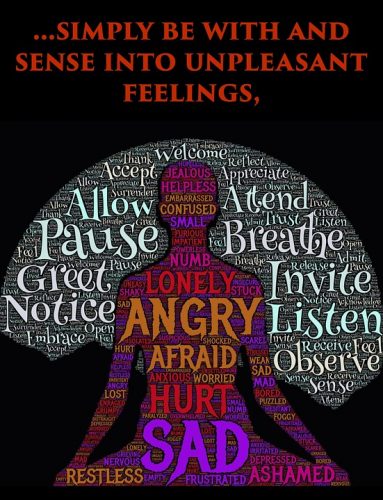
Becoming a new parent is both a blessing and a bane to people. The infant brings happiness to the family and makes their bond tighter than ever, yes. But having a baby to take care of for the first time can also cause anxiety to parents or, worse, depression.
If you noticed, we didn’t say that the mental disorder only affects the mothers, which is the typical occurrence. The reason is that dads can have depression as well, and that’s not unusual. Men experience a lot of stress as the head of a family; that’s why they may feel down sometimes. “New fathers also face challenges and changes in the relationship with their partner that few fully anticipate. Suddenly the need to argue, negotiate, and resolve conflicts about parenting takes center stage in their relationship.” says Chuck Schaeffer Ph.D.
However, as expected, various problems come with it.
- The Father Can’t Fulfill Fatherly Duties
When the depression is on, the person tends not want to do anything aside from moping and overthinking. The wife, therefore, will need to pick up the slack and power through the day to watch over the newborn, finish chores around the house, and perhaps get her real work done.

- You May Turn To Alcohol And Drugs
The thing about extreme sadness is it may make you think that drinking alcohol or using drugs can improve your mood. For sure, the substances can do that as they’re still in effect. Once that wears off, though, it leaves you with emptiness and the desire to abuse more chemicals, which turns you into a massive threat to your loved ones. According to Sheehan Fisher, PhD “There’s research on the concept of ‘masculine depression’ that suggests men may report and engage in externalizing behaviors, such as aggression, hypersexuality, and substance use [like with alcohol] in response to depression.”
- Shutting Out Your Spouse Or Kid Is Possible
Your affection toward the family members can’t come through because of the depressive disorder. In some instances, the patient can grow apart from his wife and children because the former may often push the latter away. Thus, an irreparable rift may develop between them.
- The Child Can Develop Behavioral Issues
A father’s love is so essential to a kid, especially when they always see their friends’ dads actively looking after their children. Several artists sang about it too and how sad it was for them not to have a reliable patriarch to guide them while growing up.
More than blues, though, the problems in a child’s behavior later in life may be the result of the depression that their biological father experiences. After all, the ideal way of looking after a kid is that everything should seem exciting so that they’ll want to try new things. If the parent shows lack of interest in their offspring’s activities and won’t even come out to play with them, it can impact the child’s way of thinking harshly.
It’s possible for the little one to act up and throw tantrums, assuming that’s how they can get the depressed dad’s attention. Other times, they may feel secluded and won’t speak to anyone. Worse, the kid may acquire depression as well, just like his or her father.

“Depression affects how fathers interact with their children. They may be more irritable, they may be more withdrawn. That might affect children’s understanding of emotions and how they learn to regulate their own emotions,” says Psychiatrist Paul Ramchandani.
Depression is as incurable as other mental diseases, but it surely is treatable. There are alternative treatments that licensed therapists can recommend particularly to patients who wish to stay away from anti-depressants. Look into them if you want to become the dad – or the husband – that your family deserves to have.
Good luck!















